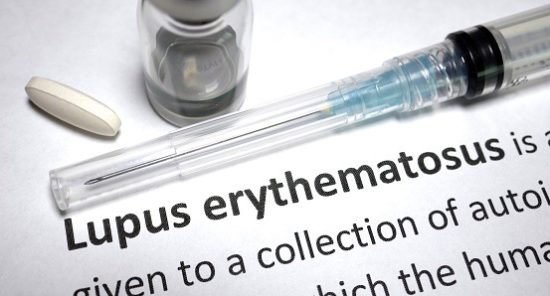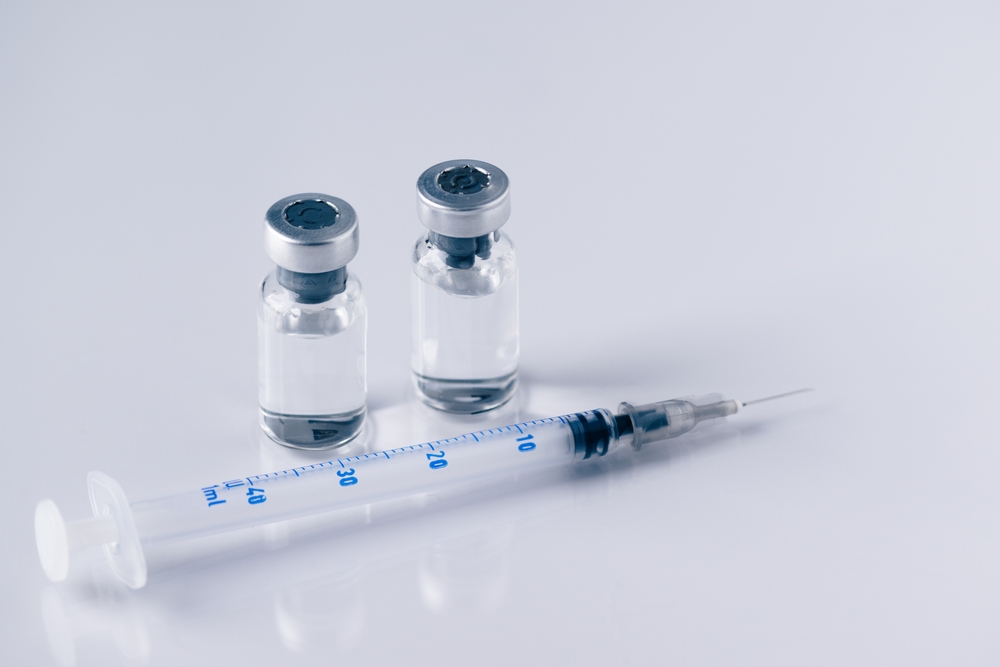This study evaluated whether sodium-glucose cotransporter 2 inhibitors (SGLT2i) offer cardiorenal benefits to patients with systemic lupus erythematosus (SLE) and comorbid type 2 diabetes (T2D), a population excluded from prior SGLT2i trials. Using an insurance-based U.S. cohort, researchers conducted an emulated clinical trial comparing outcomes in 2,165 SGLT2i initiators and 2,165 matched dipeptidyl peptidase-4 inhibitor (DPP4i) initiators. Patients were matched using propensity scores based on demographic and clinical characteristics, and outcomes were assessed using Cox proportional hazards models.
Over a mean follow-up of approximately two years, SGLT2i therapy was associated with significantly lower risks of acute kidney injury, chronic kidney disease, end-stage renal disease, heart failure, emergency department visits, and severe sepsis compared to DPP4i therapy. No significant differences were found for all-cause mortality, lupus nephritis, myocardial infarction, stroke, or hospitalizations. While genital infections were more common with SGLT2i use, rates of urinary tract infections, diabetic ketoacidosis, and fractures did not differ significantly between groups. Overall, SGLT2i treatment provided notable cardiorenal protection in patients with SLE and T2D.
Reference: Ma KS, Lo JE, Kyttaris VC, et al. Efficacy and Safety of Sodium-Glucose Cotransporter 2 Inhibitors for the Primary Prevention of Cardiovascular, Renal Events, and Safety Outcomes in Patients With Systemic Lupus Erythematosus and Comorbid Type 2 Diabetes: A Population-Based Target Trial Emulation. Arthritis Rheumatol. 2025 Apr;77(4):414-422. doi: 10.1002/art.43037. Epub 2024 Dec 5. PMID: 39431397.









